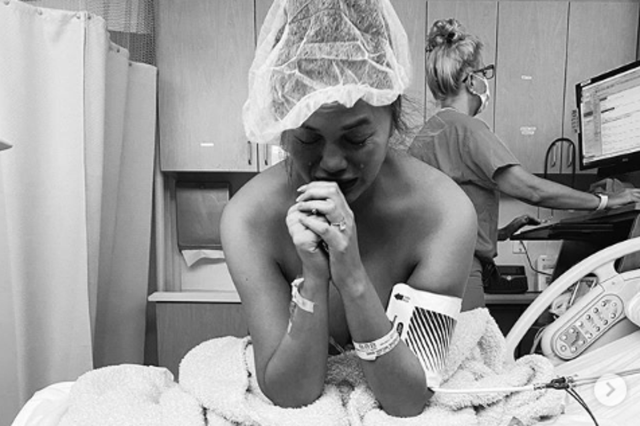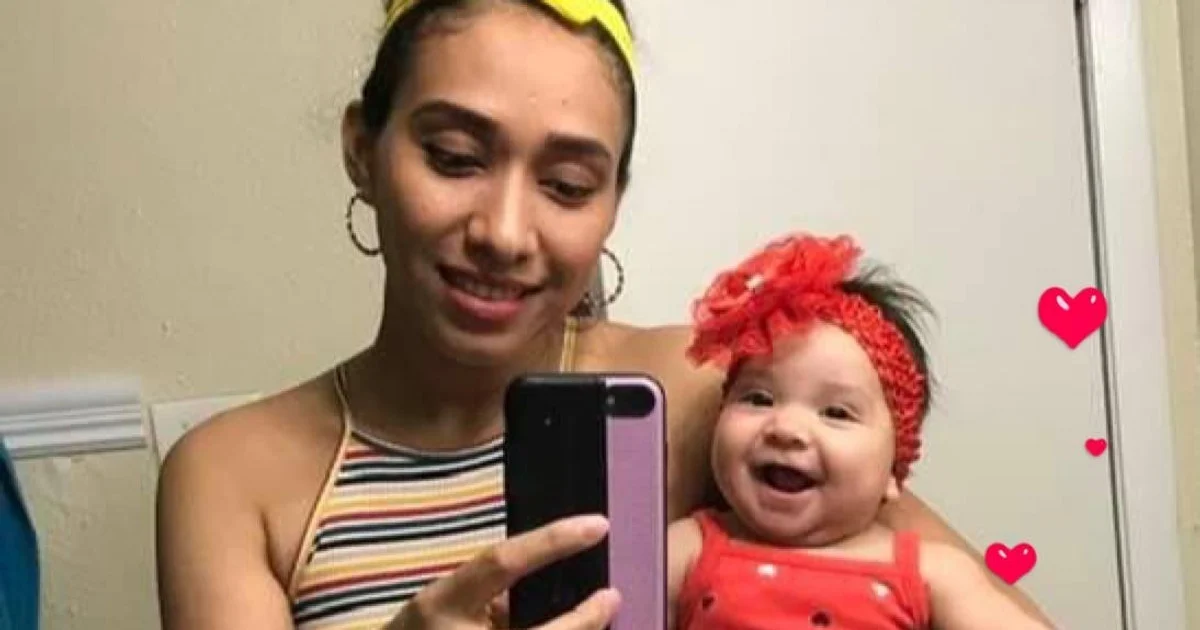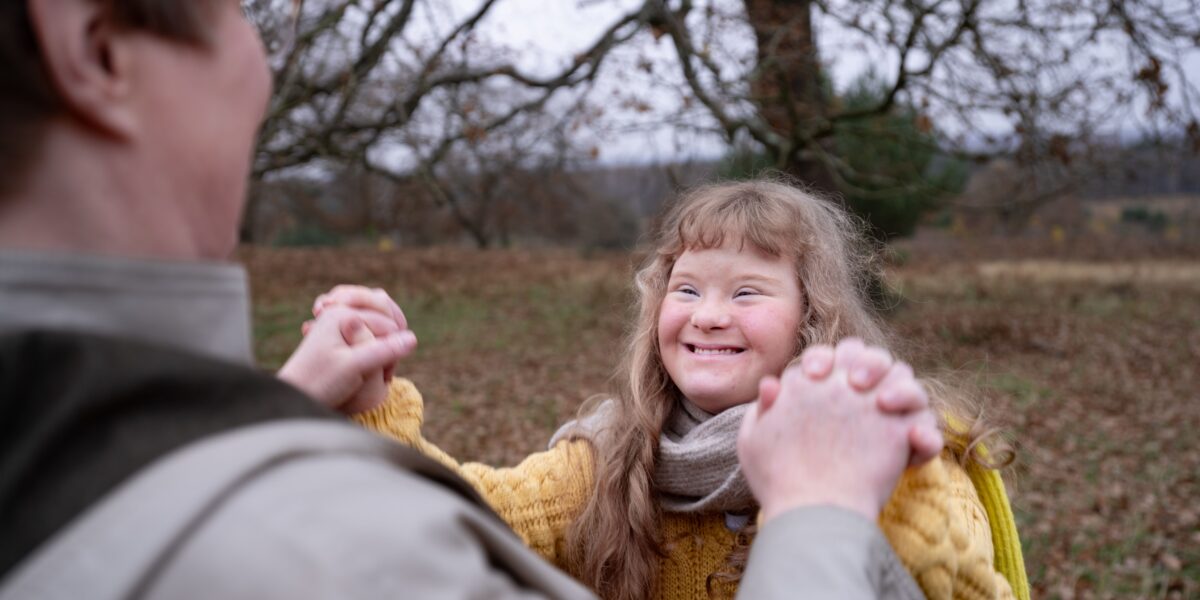Chrissy Teigen, model and wife of famous musician John Legend, recently shared that the miscarriage she had was actually an abortion. When Teigen and her husband became pregnant with their third baby they publicly shared their journey on Instagram. 20 weeks into the pregnancy Teigen shared the unfortunate news that their baby Jack was not going to survive and she had a miscarriage. Two years later, Chrissy Teigen shared in a speech that she realized she actually had an abortion. For Teigen to reveal this truth two years later, many questions are raised. Did she choose to end the life of her baby? Is treatment for a miscarriage considered an abortion? Can you confuse a miscarriage with an abortion? Are abortions and miscarriages the same?
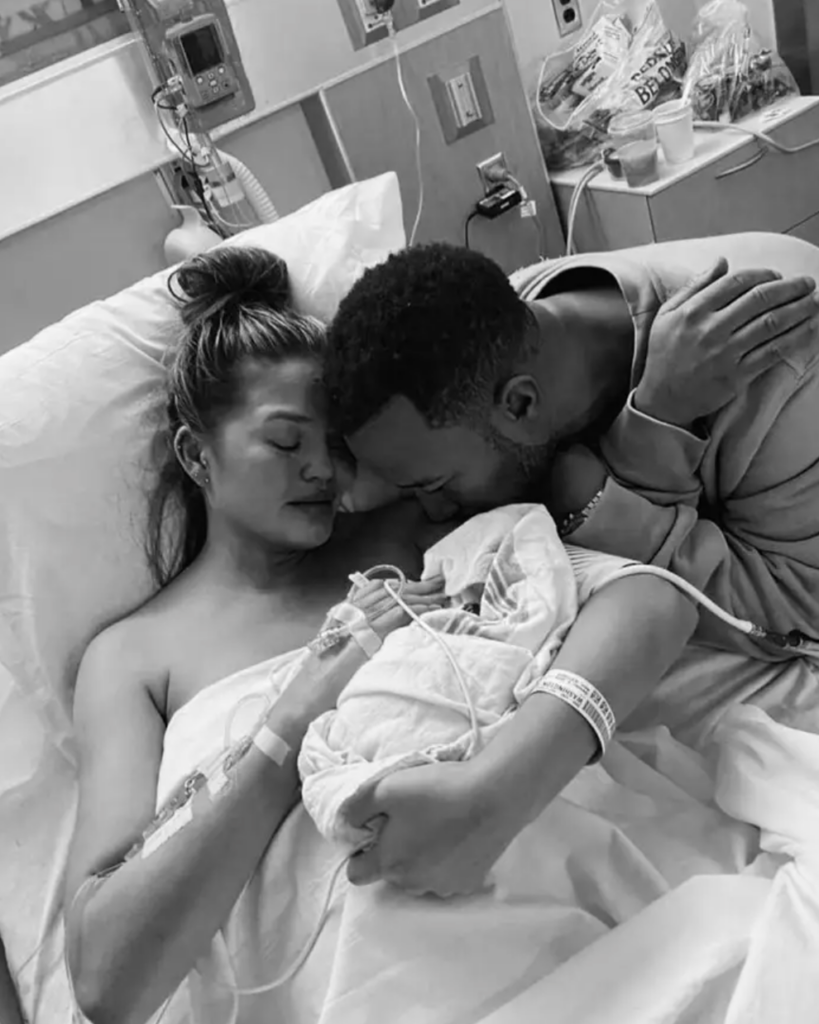
Abortions are not medically necessary.
A miscarriage is the spontaneous loss of a baby before the 20th week of a woman’s pregnancy. If the baby is lost after the 20th week of the pregnancy, it is considered a stillborn. Miscarriages (technically known as a “spontaneous abortion”) are common. In fact, between 30-40% of pregnancies end in miscarriage without a known cause. There is a vast difference between a miscarriage and what is widely known as an abortion (technically known as an induced/elective/therapeutic abortion).
An abortion is the deliberate termination of a living pregnancy by choice of the mother, as is the situation of what Chrissy Teigen is claiming to have undergone. In a miscarried pregnancy, the pregnancy dies without the choice of the mother. In an abortion, the pregnancy dies because the mother chose to end the life of her baby. Anyone who has suffered a miscarried pregnancy knows they had no choice over the loss of their pregnancy. For this reason, it is important that language differentiates an elective abortion from a miscarriage.
Why it matters.
Pro-abortion media outlets have already tried to push the false narrative that after the overturning of Roe v. Wade, women will not be able to seek treatment for their life-threatening pregnancies. By continuing the falsity that treatment for a miscarriage is actually an elective abortion, more confusion ensues about the rights of women as abortion laws change. The reality is that although a miscarriage might be technically termed a “spontaneous abortion,” the treatment for a pregnancy that has died on its own is NOT an abortion as we colloquially use the term.
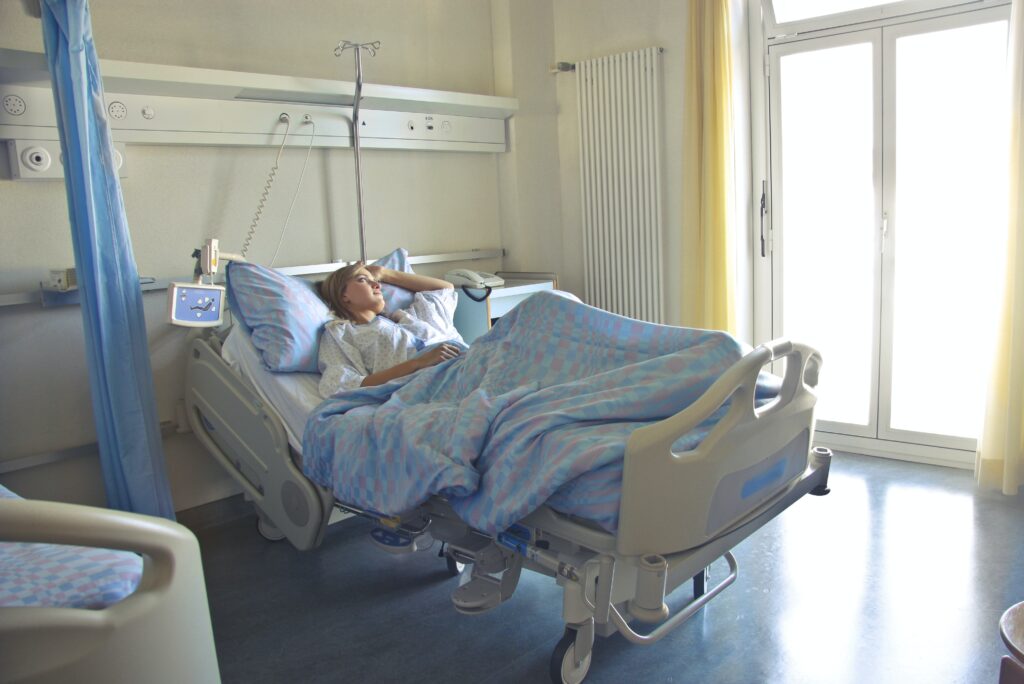
This technicality of language is being used to complicate something simple. If you have been treated for the loss of a pregnancy, this is completely different than choosing to end the life of your pregnancy and undergoing an elective abortion. To suggest as much, even with language, is an affront to women everywhere who have yearned to have a child only to have a pregnancy end in the loss of their baby in miscarriage. These women did not have elective abortions.
The rare cases of treatment and suggested abortions.
In the rare case that the mother’s physical life would be lost if a pregnancy continued, as in the case of ectopic pregnancy for example, a separation of the baby from the mother is performed, but this is not an elective decision of the mother, it is a necessity to save her life.
Between weeks 10 and 20 of a pregnancy doctors can give women a blood test to detect any genetic abnormalities in the baby’s development. If this blood test detects the risk of carrying a child with Down Syndrome the doctor might advise elective abortion to end the life of the baby. The issue with this advice is that about 5% of women receive a false positive result in these tests. This means women might proceed with an elective abortion when their baby is perfectly healthy. Furthermore, children with disabilities have varying degrees of the expression of their genetic abnormality and have a right to live the life they are given.
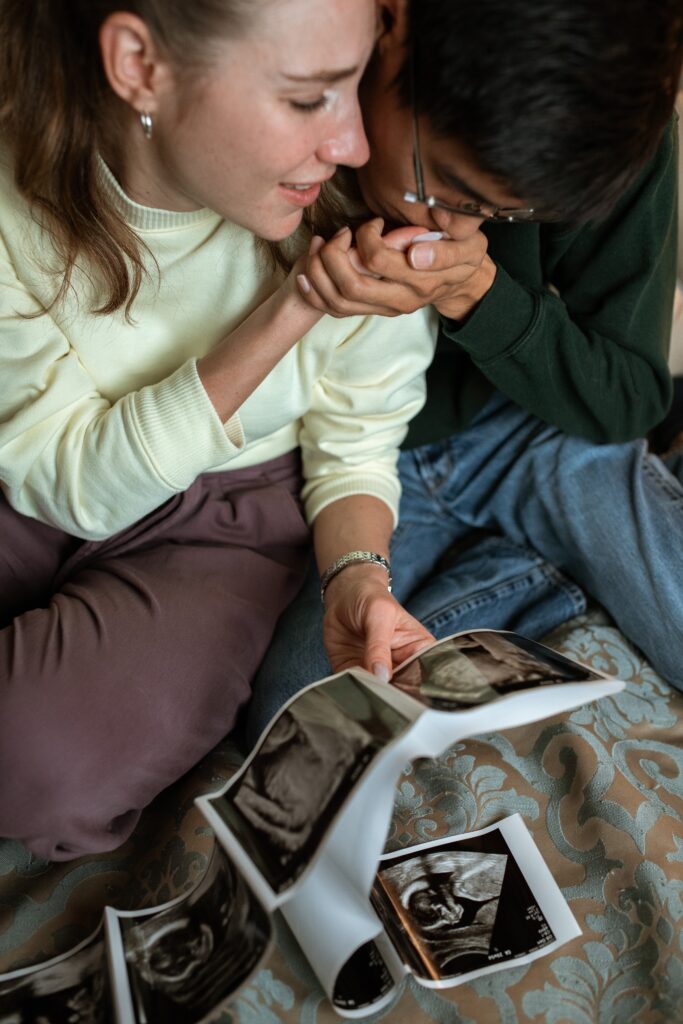
The truth.
Treatment for spontaneous miscarriage or pregnancy that will result in the death of the mother is not an elective abortion. The truth is elective abortion is never a life-saving matter. Abortion is the unnecessary ending of a life and harm of the mother. It is important that these truths are not confused by the rhetoric of others aiming to push a political agenda. In times like these, one way to support all women is by equipping them with the truth!


